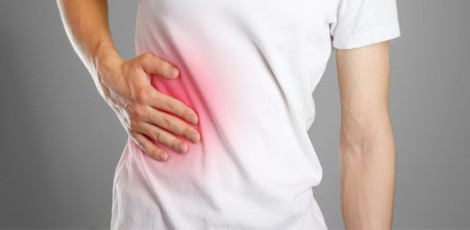
We all know that the liver is the largest internal organ in our body. It plays an important role in immunity, digestion, detoxification etc. It is really shocking that many of us do not take much care about this important organ and face serious health issues later in the lives. Liver would get affected when we consume alcohol, obesity, infections, by intake of certain medicines etc.
Normally, liver issues could be identified from the change in the skin color or yellowish color of the eyes etc. Not many of us would associate liver issues with changes in the walking pattern. Truth is that there exists a relation between liver issues and gait abnormalities or changes in the walking pattern. There are certain common types of gait abnormaliities like antalgic gait, spastic gait, ataxic gait etc.
Relationship between gait abnormalities and fatty liver disease:
It is learnt that when the fatty liver disease progresses into liver cirrhosis it can be dangerous because this can lead to many complications further resulting in the gait abnormalities
Various complications are
Ascites:
Sometimes , fluid would build up in the abdominal cavity and this is called ascites. This usually happens during the advanced stage of liver disease. It is worthy to note that the increased abdominal pressure due to ascites can lead to changes in the gait.
Muscle wasting:
Muscle wasting or loss of muscle mass can be due to chronic liver disease and this condition is termed as sarcopenia. The person would have abnormalities in the gait and it could be due to loss of muscle strength.
Neuropathy:
A person can get affected with peripheral neuropathy due to the presence of liver disease. The person could show various symptoms like numbness, tingling sensation, weakness in the legs etc.
Fatigue and weakness:
Those with liver disease could have weakness and fatigue and this would affect the person`s ability to walk with normal gait pattern. Muscle weakness and fatigue could be due to nutritional deficiencies. It is believed that the nutritional deficiencies could occur due to the disruptions in the proper processing and utilization of nutrients.


